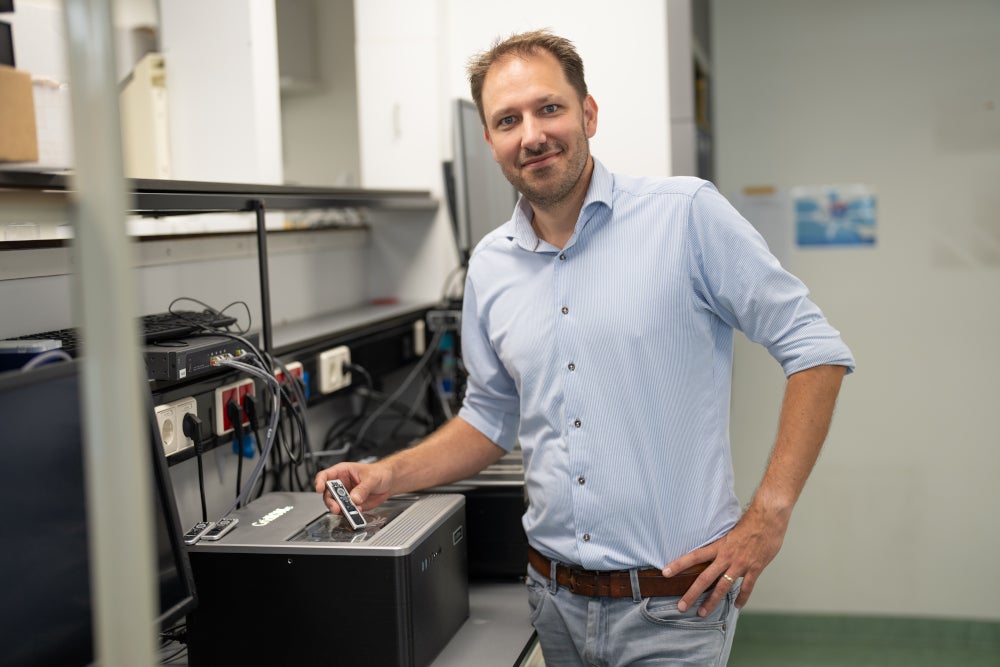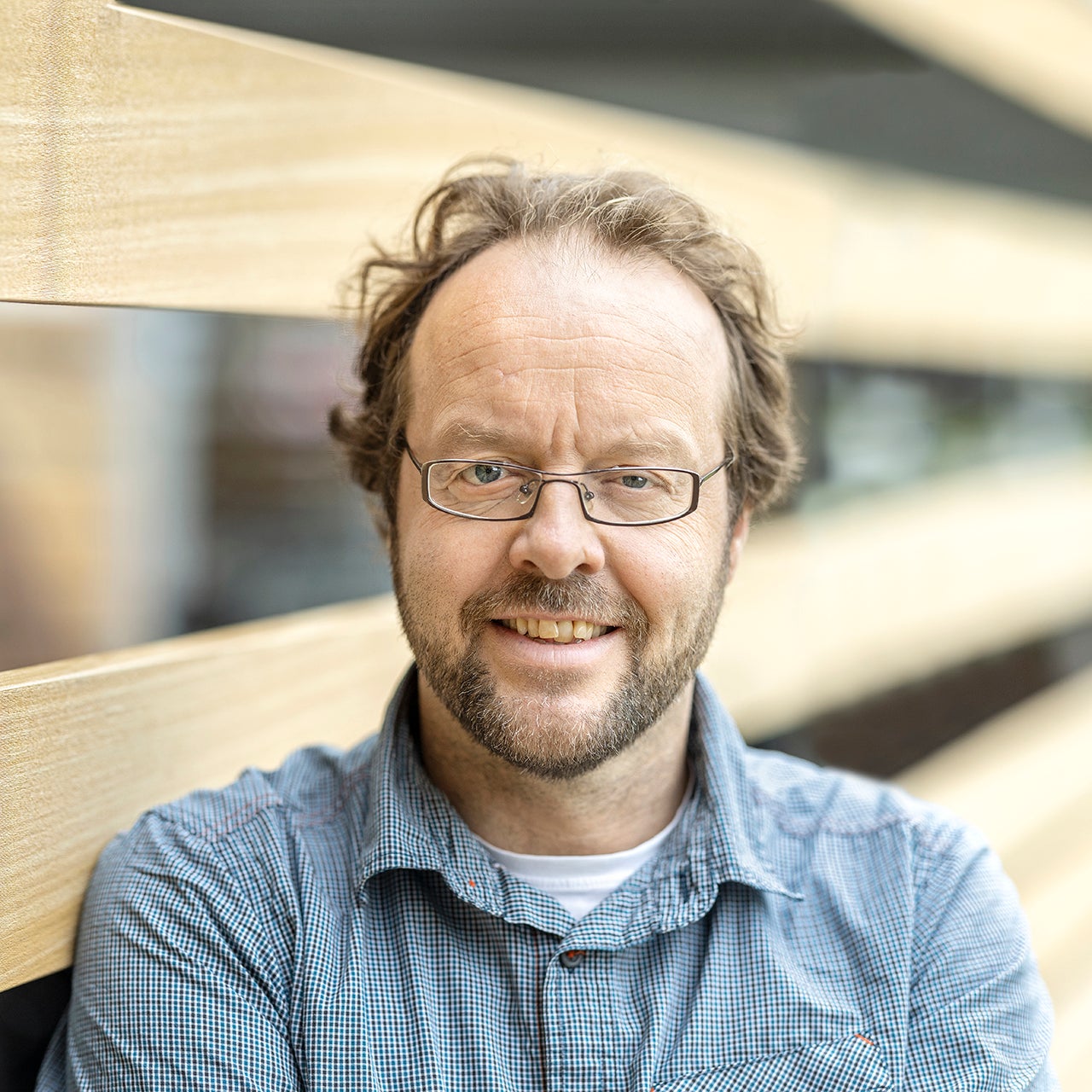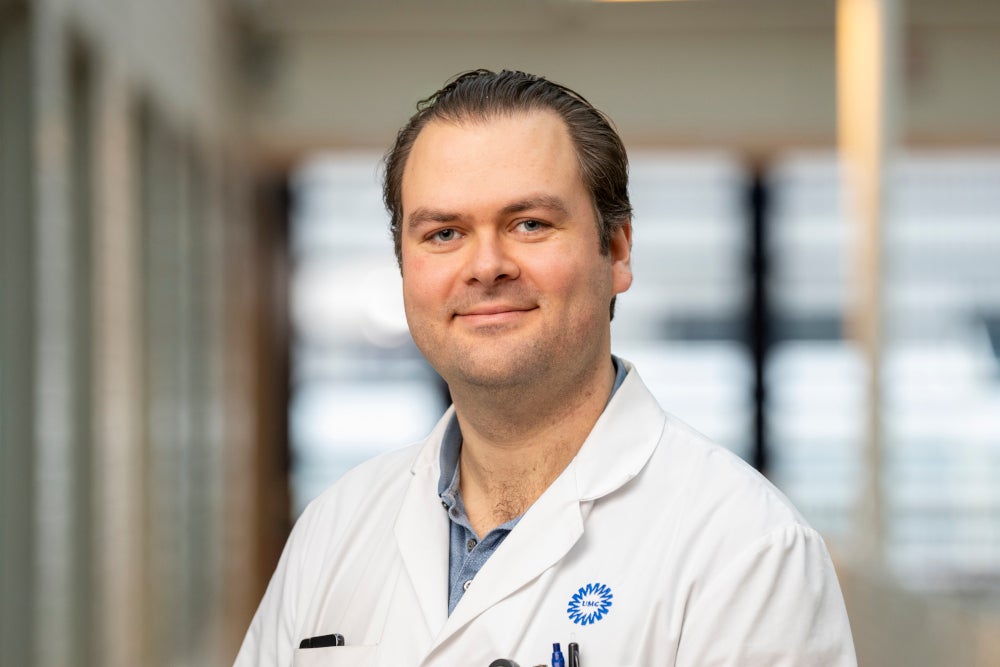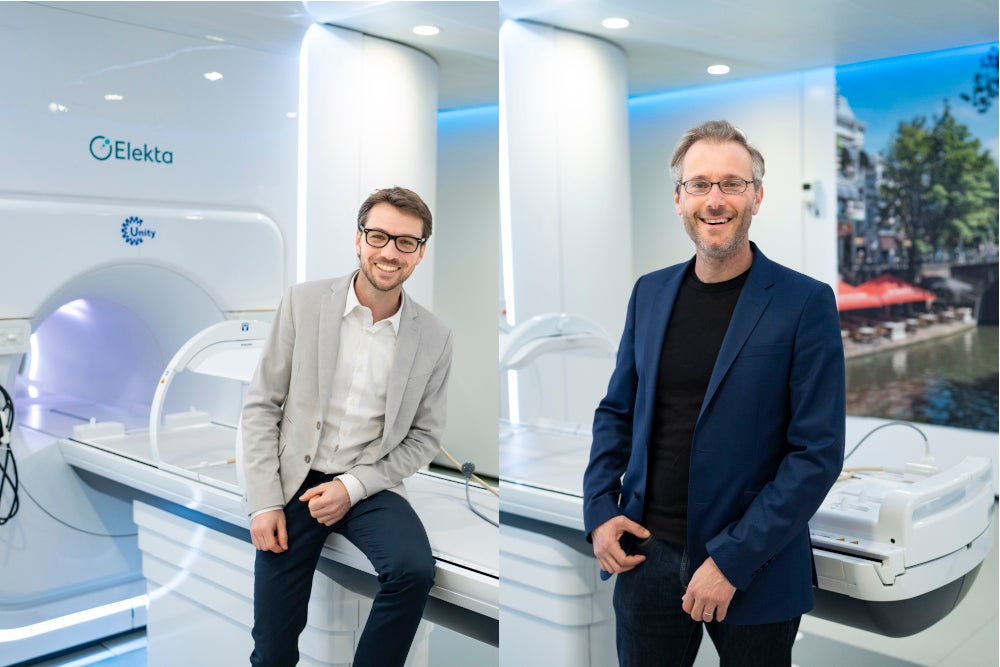Four new cancer research projects at UMC Utrecht receive Hanarth grants
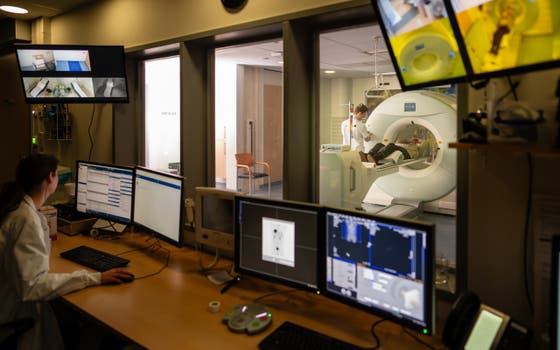
How can artificial intelligence be used to improve treatment in cancer patients? Researchers from UMC Utrecht are working on this question. Four research projects at UMC Utrecht received funding for this from the Hanarth Fonds.
The Hanarth Fonds arose from the legacy of Arthur del Prado, founder and former CEO of ASM International. The fund focuses on harnessing artificial intelligence (AI) and machine learning for improvements in the diagnosis, treatment and outcome of cancer patients. More than €6 million has been awarded to various projects this year. Read more about the various honored projects at UMC Utrecht below.
Accelerated tumor type recognition
MaLMec: Machine-Learned DNA methylation Classification to enable tumor subtyping from liquid biopsies
The project of principal applicant Jeroen de Ridder (Associate Professor) focuses on tumors of the central nervous system. Here, access to the tumor is often impossible without surgery. Jeroen explains: "This poses a challenge for neurosurgeons. They have to operate on a tumor without knowing what type of tumor it is. As a result, there is a chance that the patient will need another operation." Recently, the "Sturgeon" was developed for this purpose. This is an AI application in which the exact type of tumor can be determined during surgery. This allows the appropriate surgical strategy to be applied immediately. Jeroen and his team will focus on developing a variant of the Sturgeon. With this new variant, it is enough to use cerebrospinal fluid instead of (part of) the tumor. This will allow the type of tumor to be determined already before surgery. The main challenge is that cerebrospinal fluid contains a mixture of tumor and normal DNA. AI models will be trained to take this into account.
Assessing effect of (chemo)radiotherapy
Improved residual disease detection after (chemo) radiotherapy for locally advanced head and neck squamous cell carcinoma
Lead applicant Nico van den Berg (Professor of computational imaging) and his team are focusing on head and neck cancer with their new project. The goal: to develop a clinical AI-model for radiologists and radiotherapists. In head and neck cancer, a major challenge is to properly assess the effect of (chemo)radiotherapy. The model will make this easier. "The goal is to reliably distinguish between residual disease and changes after treatment," Nico says. "This will allow more accurate assessment of the need for a second surgery. This can improve survival and quality of life. Unnecessary procedures are minimized and the burden on the patient is reduced."
Recognizing metastatic prostate cancer
TowArds IndividiaLized PSMA PET/CT-guided Treatment in Metastatic PrOstaste CanceR Using MAchine Learning-DErived Risk Stratification (TAILOR-MADE)
Associate Professor Arthur Braat's project focuses on hormone-sensitive metastatic prostate cancer. Detection of metastases is essential for choosing the right treatment. Nowadays, an improved metastasis detection technique (PSMA PET/CT) is used in the daily clinic. However, the way to classify the extensiveness of metastases for treatment choice is through an outdated technique (bone scan). A new classification is essential for determining appropriate treatment in today's clinic and to better understand patient difference within new scientific studies. "In this project, we will apply artificial intelligence (AI) to automatically analyze the new technique," Arthur explains. "This will give us more and better insight of the differences between patients."
Better MRI imaging
Physics-informed Neural networks to standardize brain MRI: boosting AI applications in gliomas and meningiomas
The project by associate professor Alessandro Sbrizzi and assistant professor Stefano Mandija focuses on rare brain cancers. Thanks to AI tools and MRI scans, the size and location of these tumors can be better determined. However, these AI tools are not yet widely applicable. Alessandro and Stefano explain, "We will start expanding the training sets of MRI images to strengthen AI tools. Mainly in the area of rare brain cancers such as meningiomas and gliomas. No large standardized datasets are currently available for this." This will make these AI tools applicable to rare brain cancers as well.
Vrienden UMC Utrecht & Wilhelmina Children's Hospital
These studies can start thanks to the support of the Hanarth Fonds to Vrienden UMC Utrecht & Wilhemina Children's Hospital, the charity of the (children's) hospital. Read to know more about how you can help advance research into new treatment at UMC Utrecht.

